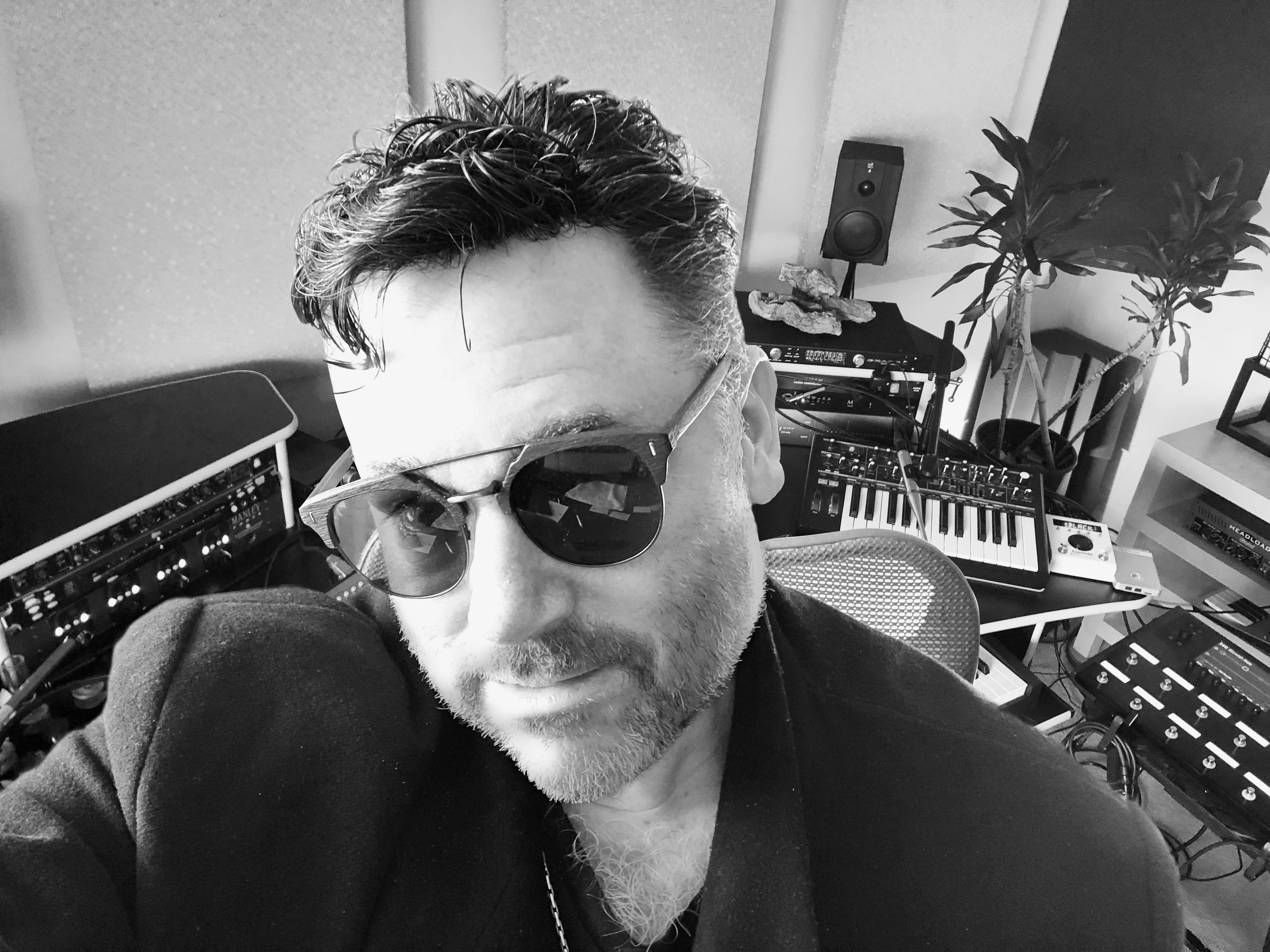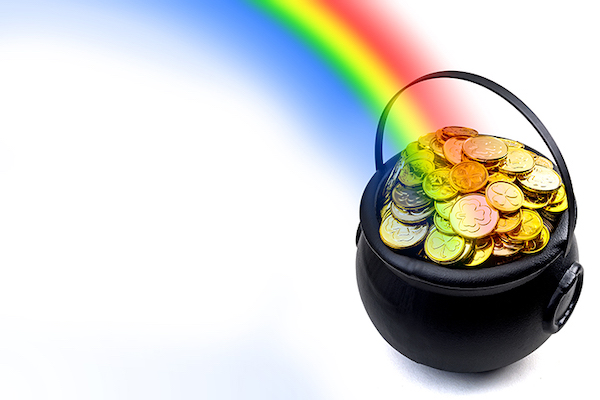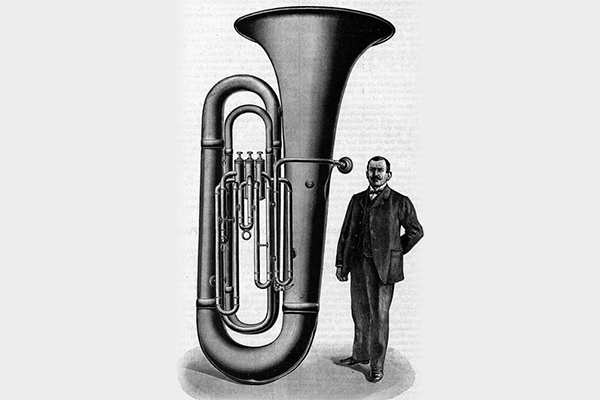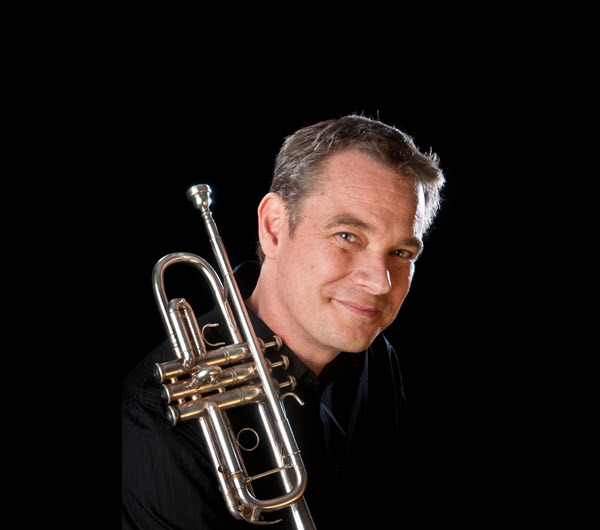Music Makes You Happier, Smarter … and Healthier Too
This is what music does to your brain and body.
Music touches us all deeply, in ways that range from the obvious to the inexplicable. It can make us feel happy, sad, reflective, anxious, thrilled, angry, excited, joyous and/or relaxed. This much is obvious to us all.
But did you know that music can also improve your attention span, enhance your memory and help heal the human body, mind and spirit in ways that medicine cannot?
I recently came across a fascinating online video that explains the science behind all this. It describes how music activates certain regions in your brain — nerve pathways that are involved in movement, planning, attention and memory. (Listening to music during a math test can improve performance by 40%!) Music releases a chemical in your brain called dopamine, which improves your mood and reduces your anxiety, and it can also help in the production of the stress-reducing hormone cortisol, so it induces pleasure, joy and motivation. Music also boosts your immune system and can create positive emotional experiences — it even helps relieve pain. Relaxing music can lower high blood pressure and can help people suffering from migraines and chronic headaches; listening to classical music before bedtime can even reduce sleeping problems.
That’s a lot of power with just a few notes!
Music also plays an important role for those with special needs. For example, it helps individuals with severe brain injuries recall personal memories, and improves math skills in children with ADHD (Attention Deficit Hyperactivity Disorder). Intrigued, I reached out to my brother Michael for additional insight. (Michael is a trained social worker, psychotherapist and CEO at West Bergen Mental Healthcare in Ridgewood, New Jersey.) “Music therapy has an important place in the treatment of various mental health challenges,” he told me. “Most therapists agree that treatment methods which include music and art therapy can help clients with ADHD, autism and the chronically mentally ill. [It allows them to] express themselves in non-verbal ways that are important and can be quite effective.”
And if you are a musician or someone who enjoys playing an instrument, your brain not only fires symmetrically when you listen to music, the corpus callosum area (the connective tissue between the left and right hemispheres) increases in size, allowing for enhanced communications between your logical and emotional self. Studies also show that musicians have distinctly recognizable brains that are enlarged in the auditory cortex, which is the region of the brain responsible for hearing.
Mind-boggling. And who knows what secrets future research will unlock about the power of music?















